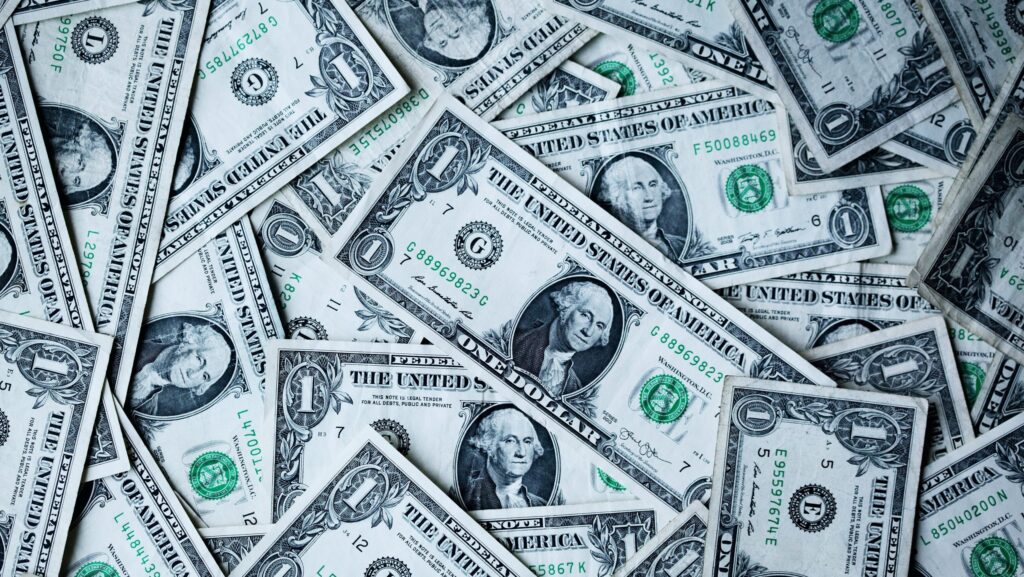Could it be that death really is no longer the end of the story? Could Jesus really have saved the best miracle for “last”?
As we reach the end of our corporate study of the book of Revelation, we once again encounter a part of the book where what we read is, in some ways, beyond our realistic comprehension. We can, in some sense, understand the significance of no more night or tears or need for the sun, because we understand life with those things and so can try and imagine what it would be like without them. We cannot grasp it fully, though, and I think that is largely due to the fact that we aren’t there yet. It is the difference in studying a place like the Grand Canyon, looking at pictures and videos and books, and actually standing on the edge, unable to fully take in the majesty before you.
Easter helps us, though. It is part one to the new creation’s part two. It unlocks the door, gives us a sneak peek into what’s to come. Before Easter, no one knew what a world without death was like. It was undefeated, and it was beyond the realistic comprehension of anyone (including Jesus’ closest followers) to consider a world in which death did not have the final say. So, for all the trouble we give to people like Peter, Mary, and Thomas, we would probably share in their difficulty to actually believe Jesus when he said he would be back. This is why I love that, in Matthew’s telling of the gospel, Jesus’ first words back are “Greetings”. What a mundane, even slightly dorky, way to announce your triumphal return. No “I told you so” or “I can’t believe you didn’t believe me”… just “Hey. It’s me.” A completely fulfilled promise and a new, better reality than we could have even guessed. That is the sneak peek.
Could it be? Could it be that death really is no longer the end of the story? Could Jesus really have saved the best miracle for “last”? At the very least, Easter forces us to reckon with these questions. But then days pass, summer comes with its busy schedule, suddenly school is starting back up, and in the highs and lows of life we forget the daily power of the resurrection. Could it be that Jesus’ resurrection means my failures don’t own my Tuesday? Could it be that Jesus’ resurrection means even my mundane hopes and dreams could once again take root and grow into something beyond my comprehension?
I can’t help but to think about Narnia as I reflect on resurrection and the promised restored creation of Revelation 21 and 22. In the final book of the Chronicles of Narnia, The Last Battle, many of the characters of Narnia enter into the re-created Narnia and find it to be, in many ways, just like the old Narnia, but “deeper, more wonderful…” where “every rock and flower and blade of grass looked as if it meant more”. It’s a place captured in the awe of Jewel the Unicorn when he says, “I have come home at last! This is my real country! I belong here. This is the land I have been looking for all my life, though I never knew it till now. The reason why we loved the old Narnia is that it sometimes looked a little like this.”
This is a small picture of what the new heaven and new earth will be like for us. It will be a place in which it is better than we can imagine, and yet we can start to imagine it now because of Easter. Like Paul says, we now know in part what we will then know in full. So, we live rejoicing in the freedom of Jesus’ resurrection now and in the confident expectation that the best really is yet to come.






